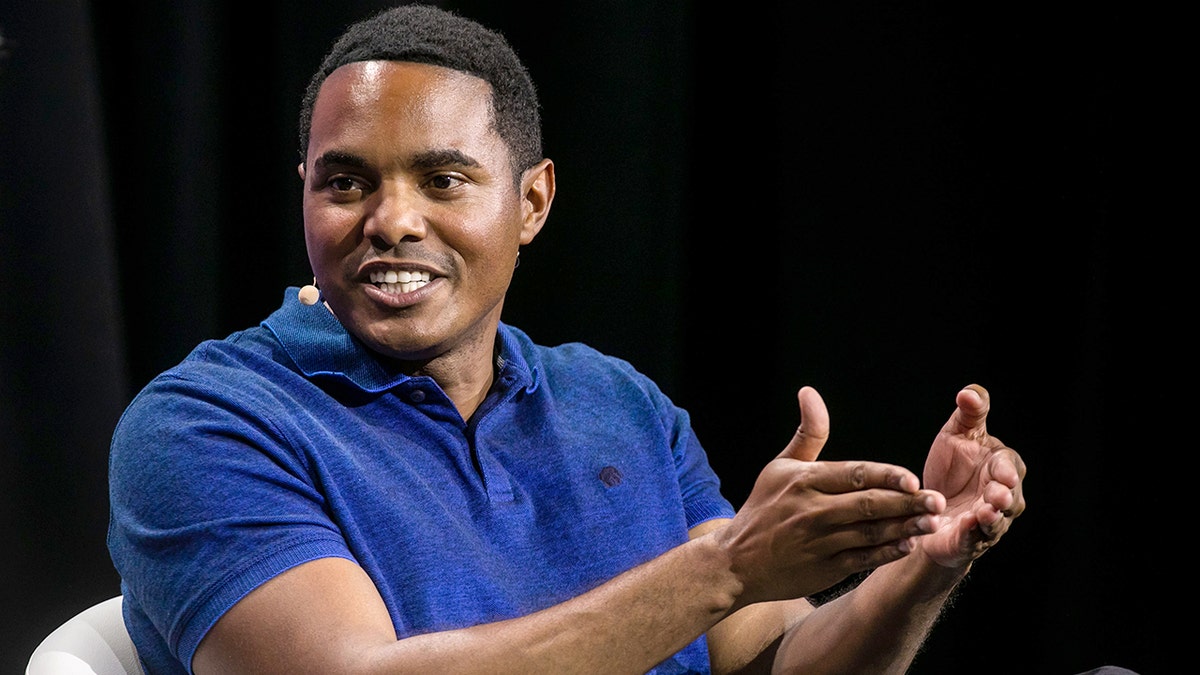The 2024 election delivered a significant blow to the Democratic Party, echoing historical defeats like President Obama's 2010 midterm "shellacking" and President Bush's 2006 "thumping." While these past setbacks offered valuable lessons and opportunities for growth, the Democrats' current situation presents unique challenges.
Unlike past defeats where introspection and adaptation paved the way for future victories, the Democratic Party is grappling with internal divisions and a reluctance to confront its shortcomings. The lingering effects of "Trump Derangement Syndrome" hinder objective analysis, while years of denial regarding President Biden's declining acuity and Vice President Harris's weaknesses have created a defensive posture within the party.

The insistence on portraying Harris's campaign as "flawless" despite its ultimate failure prevents the party from acknowledging the need for a stronger candidate and a more compelling message. The vice president's missed opportunities to define her vision and differentiate herself from the Biden administration further contributed to the party's downfall. Internal finger-pointing and blame-shifting between those who fault Biden and those who quietly criticize Harris exacerbate existing tensions.

Furthermore, the party's doubling down on controversial issues like transgender rights and open-border policies, coupled with the diminished support from once-reliable media outlets like MSNBC, CNN, and the New York Times, leaves the Democrats isolated and struggling to connect with a broader electorate.

However, glimmers of hope emerge from rising stars like Representatives Ro Khanna and Ritchie Torres, who have openly addressed the party's missteps and advocated for a more pragmatic approach. Torres's criticism of the "woke fringe" and Khanna's emphasis on listening to a wider range of voices offer a potential roadmap for rebuilding. Even Alexandria Ocasio-Cortez's subtle shift away from performative signaling suggests a growing awareness of the need for change.
The Democrats face a choice: wait for the political pendulum to swing back or embrace the difficult task of self-reflection, honest assessment, and a willingness to adapt. History offers examples of successful comebacks, like Bill Clinton's 1992 victory, which demonstrate the power of embracing moderate values, forging unity, and presenting a compelling vision for the future. Whether the Democrats can find another once-in-a-generation leader or undertake the arduous process of rebuilding remains to be seen.
Comments(0)
Top Comments